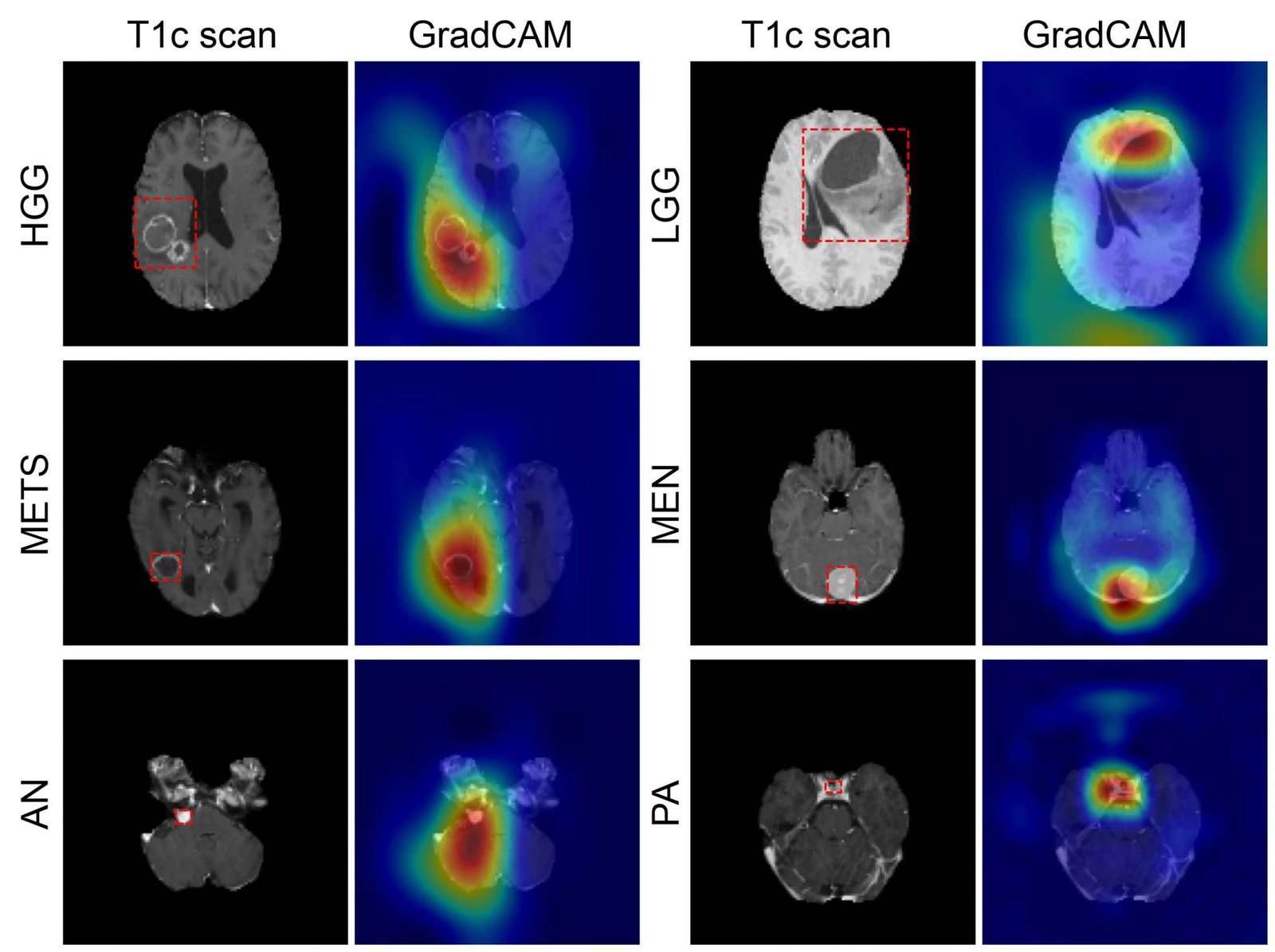Quick Summary
Recent research published in Biology Methods and Protocols highlights advancements in artificial intelligence (AI) for detecting brain tumors. AI models have demonstrated the ability to differentiate between brain tumors and healthy tissue in MRI scans, achieving accuracy levels comparable to human radiologists.
Key Findings
- AI models can identify brain tumors in MRI images with nearly the same accuracy as human experts.
- Convolutional neural networks (CNNs) are utilized to train AI on extensive image datasets, enabling them to classify and recognize different images effectively.
- The study introduced a unique transfer learning approach, applying techniques from animal camouflage detection to enhance tumor identification.
Research Methodology
- The researchers analyzed public MRI data from various sources, including Kaggle and the Cancer Imaging Archive.
- AI models were trained to differentiate between healthy and cancerous brain images, achieving high accuracy rates of 85.99% and 83.85% for different networks.
- These models also provided visual explanations of their classifications, increasing trust among medical professionals.
Implications for Medical Practice
- The ability of AI to explain its decision-making process is crucial for its integration into clinical settings.
- AI can serve as a supportive tool for radiologists, enhancing diagnostic accuracy and efficiency.
- Future developments will focus on improving the transparency and interpretability of AI models in healthcare.
Challenges and Future Directions
- While the AI models excelled in detecting normal brain images, they faced challenges in distinguishing between different types of brain cancer.
- Further research is needed to refine these models and enhance their diagnostic capabilities.
- The study emphasizes the importance of explainability in AI to foster better communication between healthcare providers and technology.
Conclusion
The research indicates that AI has significant potential in the early detection of brain tumors, which is critical for patient outcomes. As AI technology continues to evolve, its role in medical diagnostics is expected to expand, offering new avenues for improving patient care.
